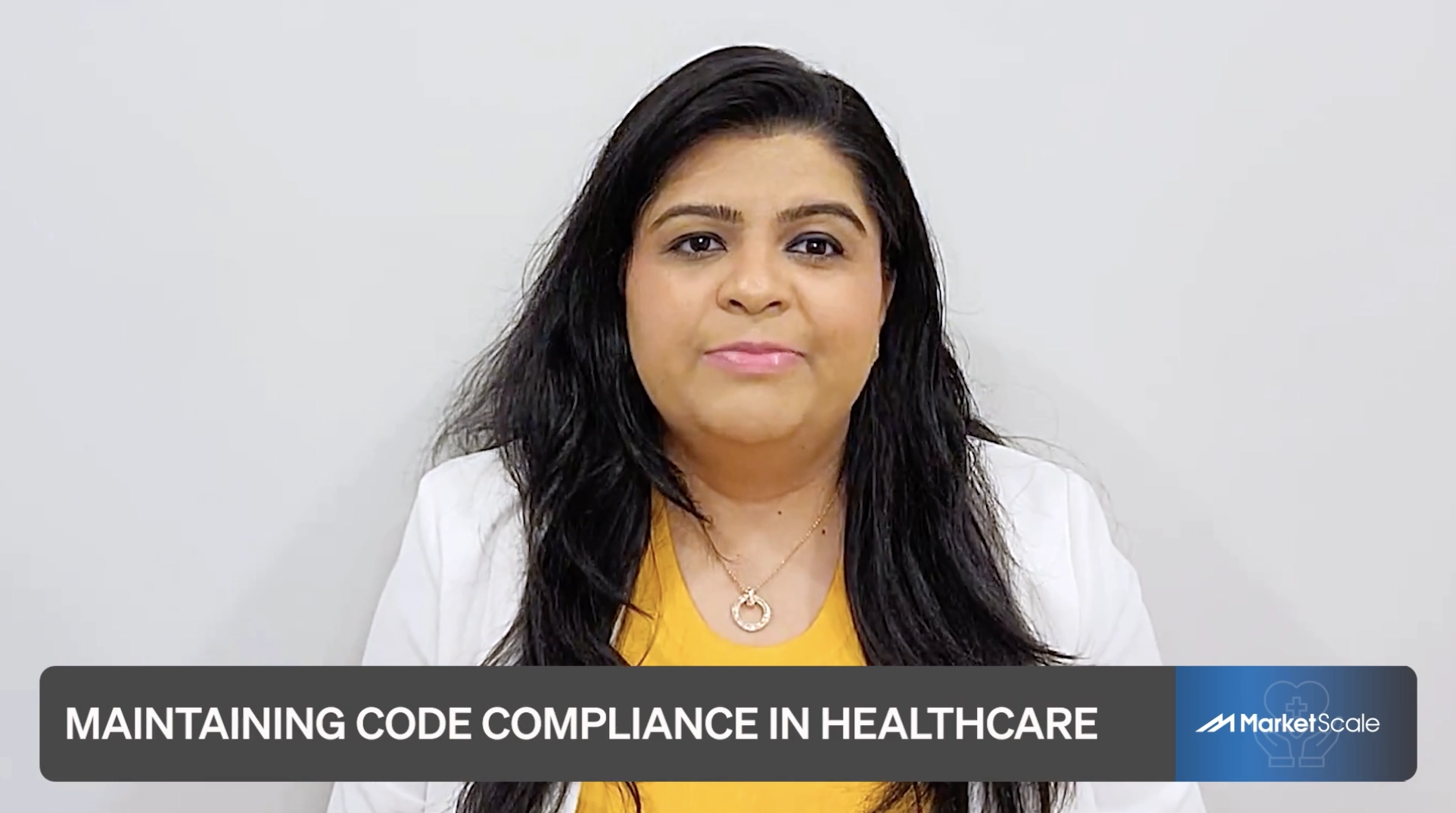Recent Posts

Increase in Healthcare AI Will Help Mitigate Risks and Achieve Better Patient Outcomes
Arpita Hazra - March 11, 2024With the world of healthcare seeing rapid evolution and where every decision counts, the integration of AI and machine learning models into clinical practice is heralding a new era of precision and efficiency. These innovative tools hold the promise of revolutionizing patient care by seamlessly integrating into EMRs bridging crucial gaps in diagnosis and treatment.
Read more
Bridging Care Gaps: AI Solutions in Healthcare
Arpita Hazra - March 6, 2024How can AI solutions in healthcare transform patient care by enhancing clinical decision-making and reducing diagnostic errors? Dr.
Read more
Coder Bias is a Hidden Threat to Healthcare Accuracy. To Fix It, We Need a Tech-Driven Solution
Arpita Hazra - January 16, 2024In the ever-evolving landscape of healthcare, the precision of medical billing and coding stands as a cornerstone for efficient healthcare delivery. The use of Current Procedural Terminology (CPT) codes, in particular, plays a critical role in this ecosystem, serving as a universal language that bridges clinical services with billing and insurance processes.
Read more
The Latest Healthcare AI Tools Should Prove Valued Assets for Resource-Limited Settings
Arpita Hazra - November 17, 2023Recent studies show a significant increase in CT and ultrasound examinations over the past decade. GEs recent awarding of a $44 million grant from the Bill & Melinda Gates Foundation to develop AI-assisted ultrasound technology aims to enhance user-friendliness and improve healthcare outcomes, especially in low to middle-income countries.
Read more
EHR Solutions, Backed by Oracle’s AI-Enhanced Clinical Digital Assistant, Provide Welcomed Accuracy and Efficiency in Healthcare
Arpita Hazra - November 16, 2023Oracle aims to revolutionize patient care with its new Clinical Digital Assistant, leveraging generative artificial intelligece (AI) and voice technology integrated with EHR solutions to improve patient-provider interactions and reduce manual tasks for healthcare providers. This innovative tool, expected to launch in the next 12 months, promises to automate note-taking, streamline workflows, and enhance the overall quality of healthcare delivery.
Read more
Comparison of Length of Stay and Discharge Disposition Between Anticoagulants for Secondary Stroke Prevention in Atrial Fibrillation
Arpita Hazra - January 1, 2017This study determines if patients treated with NOACs have shorter length of stay(LOS) and are more likely to have a favorable discharge disposition vs. those treated with warfarin.
Read more








